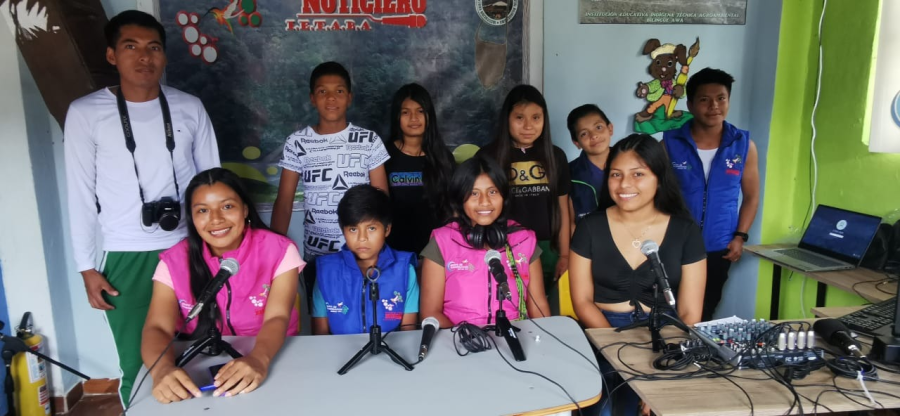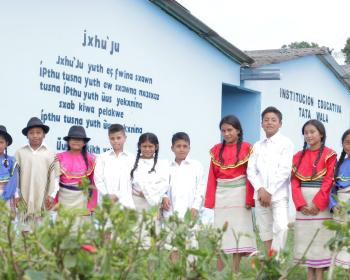Altaquer, Colombia
On the morning of August 9, nine armed men in fatigues entered this village of displaced Awá, dragged three men and two women from their houses, and shot them dead. The murdered people were among 455 indigenous Awá living in the community, all of whom had been recently displaced by the ongoing fighting between the military and rebels. According to Jennifer Pagonis, a spokesperson for the U.N. High Commissioner for Refugees (UNHCR), one of those killed was a former or leader of the Awá people, and one of the women killed was a teacher. According to eyewitnesses, the armed men conducted a house-to-house search, including the house of the current leader of the Awá people, who was in Bogota to take part in events organized by UNHCR and other humanitarian agencies for World Indigenous Peoples Day.
“UNHCR is saddened,” Pagonis said, “at the killings and especially shocked that the murders occurred on World Indigenous Peoples Day, when we were drawing attention to the plight of indigenous people in Colombia. We call on the Colombian government to fulfill its duty to protect all its citizens. We are especially concerned at the tragic death of five people who were registered as displaced and in clear need of state protection.” In fact, the UNHCR had issued a call to all armed groups that very day to avoid involving indigenous people in their conflict.
The fighting in Colombia has been heaviest in remote areas where indigenous peoples live. When they leave their homes because of the violence, they are often suspected of collaborating with the armed groups they are trying to escape. Given the targeting of Awá leaders, it seems likely that this was the case in Altaquer.
Bulanao, Tabuk, Philippines
On July 31, masked gunmen in two vans opened fire on a Land Cruiser carrying Dr. Constancio “Chandu” Claver, Jr., an indigenous Bontoc and vice chair of the Kalinga chapter of the Cordillera People’s Alliance (CPA), an indigenous people’s organization. Dr. Claver, who was traveling with his family, received multiple shots in the chest and arm, but survived the attack. His wife, Alice, who was shot in the head and neck, was killed. Their daughter was not physically injured, but was severely traumatized.
The attack on Claver was one of three that day in three different locations, all aimed at political dissidents and critics (Claver also is the chairperson of the parliamentary opposition group Bayan Muna). Claver is the second member of CPA to be targeted in recent weeks: Two months ago Regional Elders Desk Coordinator Rafael Markus Bangit was assassinated in Isabela province. Political killings have become rampant in the Philippines, with nearly 300 militants and government critics murdered by “unknown assailants” since President Gloria Macapagal-Arroyo took office in 2001. In addition, there have been disappearances, beatings, and charges of torture.
Two weeks before the Claver attack, President Arroyo delivered a state-of-the-nation speech in which she condemned the ongoing killings, gave authorities 10 weeks to solve the crimes, and urged witnesses to come forward. But in the same speech she honored controversial army general Jovito Palparan for his role in the government’s crackdown on insurgents. Critics say that by praising Palparan, Arroyo actually encouraged the elements of the military and police that are believed responsible for the killings.


